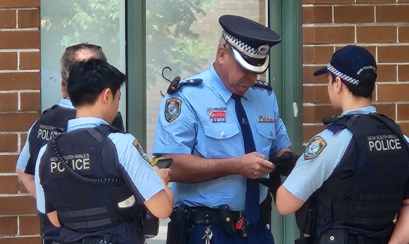You might think that because you haven’t signed a formal contract you can’t be held accountable for breaching it. Don’t you have to sign something to be legally bound to an agreement?
No. But it’s a common mistake.
Under Australian law, a contract can be written or verbal, or a combination of both. There are some exceptions, such as when you get a mortgage, buy real estate or take out insurance. Then a signed contract is required.
But generally speaking, verbal agreements are just as enforceable as written ones. It’s considered a contract if there’s an offer and an acceptance of the offer. In other words, two parties agree on the service or product that will be provided and what will be paid in return. And there’s an understanding that there’ll be legal consequences for breaching the agreement.
We negotiate contracts all the time. When we order food in a restaurant we make an offer. The restaurant accepts by taking our order and bringing us our meal. Not paying would be a breach of that verbal contract. But you obviously wouldn’t sign a contract just to eat out.
Verbal agreements are often conducted when the amount involved is small and there’s not much at stake.
But people have sometimes found themselves in strife when they’ve entered into a verbal agreement for services that aren’t so small, and one party has breached the agreement.
Consider this; a woman enters into a verbal agreement with a friend to produce some brochures for his business, in return for an agreed amount. She delivers the brochures, but the friend never pays and stops returning her calls.
When you can’t fall back on a written contract, what happens? What if it’s a case of your word against someone else’s?
The Consumer Trader and Tenancy Tribunal (CTTT) may be your next step. For a small fee, a Tribunal member will hear both sides and make a determination. The CTTT hears claims up to $30,000 and you don’t need a lawyer.
Or there’s the more formal Small Claims Division of the Local Court (for claims under $10K).
But it all comes down to proof and that’s sometimes tricky.
It pays to keep records of phone conversations, emails, invoices or any other correspondence. Having witnesses can help. Anything that proves a contract was in place and that it was breached. Using the example above, return emails from the friend reviewing the brochure content would indicate a commercial contract was in place.
To avoid risk, many lawyers will tend to recommend putting agreements on paper.
In any case, don’t be fooled. Not signing a contract doesn’t mean you haven’t entered into one. And it won’t offer a legal defence if you breach it.












